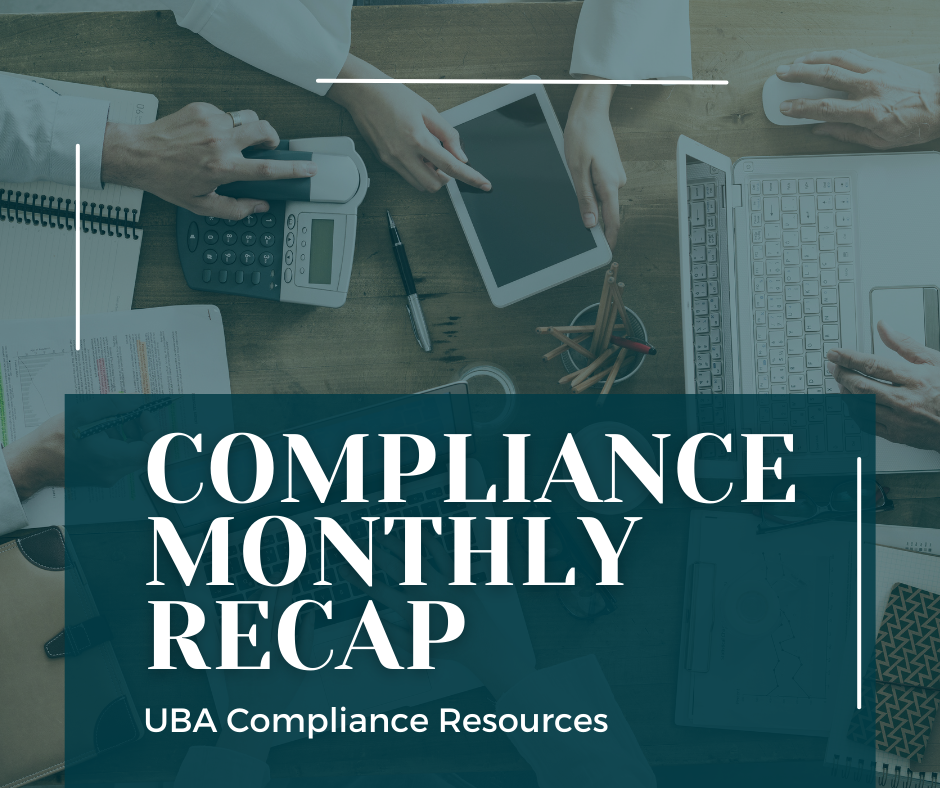Author: Cleveland Benefits Partners
-

Guiding Better Benefits Decisions
Guiding Better Benefit Decisions Employees don’t experience their benefits all at once. They encounter them in moments — when a bill arrives, when a provider is chosen, or when an unexpected health issue surfaces. Yet, benefits communication is still heavily focused on enrollment, leaving employees without guidance when decisions are made. That gap can…
-

Pulse Check: 4 Simple Ways to Boost Your Heart Health
February is often filled with symbols of love, but it’s also the perfect time to focus on the most important heart of all—your own. American Heart Month serves as a vital reminder that cardiovascular health is the foundation of a long, vibrant life. Heart disease remains a leading health challenge globally, but the good news…
-

Educating Your Workforce: Unlocking the Power of Voluntary Benefits
Offering voluntary benefits is an excellent way to strengthen your overall benefits package, stand out from competitors, and enhance employee satisfaction—all with minimal impact on your budget. However, while employers often provide a wide range of voluntary benefits designed to offer value and convenience, many employees may not fully understand what these benefits are or…
-

Educating Employees on Increasing Healthcare Costs
Health care costs in the United States continue to rise, increasing pressure on both employers and employees. Organizations that provide health benefits must balance growing expenses with transparency and trust from their workforce. Clear, compassionate communication is key to helping employees understand and navigate these rising costs. Consider these strategies: Craft messaging that is clear,…
-

Taking Charge: A Guide to Health Literacy
Building your health care literacy is one of the most powerful ways to take control of your well-being. Health literacy refers to your ability to locate, understand, and apply health information when making decisions about your care. Whether it’s interpreting medical terms or navigating complicated insurance options, strong health literacy can ease stress, prevent confusion,…
-

Compliance Guide: New 2026 Rules for HSA Expansion
The One Big Beautiful Bill Act (OBBBA) was signed into law on July 4, 2025, introducing significant updates to Health Savings Accounts (HSAs). Following this, the IRS released Notice 2026-5 to provide specific guidance on how these changes expand HSA eligibility and usage. The OBBBA broadens HSA availability through the following key provisions: 1. Permanent…
-

How to Make the Most Out of Your HSA in 2026
A Health Savings Account (HSA) is a tax-advantaged savings account designed to help you pay for healthcare expenses. It offers valuable benefits now and in the future — from lowering your current healthcare costs to building long-term savings for retirement. Understand the Basics Triple Tax Advantage: HSAs provide three powerful tax benefits — contributions are…
-

Employee Benefit Trends for 2026
In our increasingly busy world, employee expectations are accelerating faster than ever before. A five-year-old benefits strategy simply cannot meet the complex, constant pressures workers face in 2026—be it financial stress, burnout, or caregiving responsibilities. The modern workforce is rejecting generic menus in favor of flexibility, strong financial support, and wellness options that align with…
-

IRS Increases PCORI Fee Rate
The Internal Revenue Service (IRS) has issued Notice 2025-61, announcing a significant increase to the Patient-Centered Outcomes Research Institute (PCORI) fee amount. Employers with self-insured health plans and health insurance issuers must take note of the new rate and upcoming compliance deadlines. What is the New PCORI Fee Amount? The PCORI fee is increasing to…
-

Compliance Recap | November 2025
THE ANNUAL GAG CLAUSE ATTESTATION DUE DEC. 31, 2025 Under the rules adopted by Congress in the Consolidated Appropriations Act, 2021 (CAA), group health plans and health insurance issuers of both fully insured and self-funded plans must certify that their contracts with providers, networks, third-party administrators (TPAs), pharmacy benefit managers (PBMs), or other service providers…
-

Compliance Alert: HIPAA Privacy Notice Update Due Feb. 16, 2026
The U.S. Department of Health and Human Services (HHS) has issued a final rule that requires covered entities—including many health plans—to update their Notice of Privacy Practices (Privacy Notice). This change enhances privacy protections for highly sensitive Substance Use Disorder (SUD) treatment records. Why the Update is Necessary The HIPAA Privacy Rule already mandates that…
-

Healthy Through The Holidays: Your Winter Wellness Guide
The transition into winter and the busy holiday season often brings two things: cold weather and packed calendars. While the shorter days and festive cheer are welcome, they also present unique challenges to our health, including managing stress, fighting off seasonal illnesses, and maintaining an active routine. Staying healthy this winter isn’t about grand gestures;…
-

Meeting the ERISA Deadline: Handling MLR Rebates
Employers with insured health plans may have received a Medical Loss Ratio (MLR) rebate from their health insurance carrier this year. Rebates were required for plans not meeting the 2024 MLR standards and had to be issued by September 30, 2025, either as premium credits or lump-sum payments. If any part of the rebate qualifies…
-

The Power of Gratitude: A Guide to Well-Being
The phrase “attitude of gratitude” is more than a simple rhyme—it’s a powerful reminder to intentionally practice thankfulness in our daily lives. Consistently acknowledging what we appreciate not only enhances our own mental and physical health but also positively affects those around us. What Is Gratitude? Gratitude means being thankful and ready to show appreciation…
-

Compliance Recap | October 2025
2026 PENALTIES FOR FAILURE TO FILE OR FURNISH ACA REPORTING FORMS The IRS has announced the 2026 penalties for failure by Applicable Large Employers (ALEs) to file or furnish Affordable Care Act (ACA) reporting Forms 1095-C and 1094-C for the 2025 tax year. Amounts can increase significantly depending on how late the filing is or…
-

New Federal Guidance Expands Access to Fertility Benefits
Federal regulators—specifically, the Departments of Labor, Health and Human Services, and the Treasury—issued joint guidance on October 16, 2025, making it significantly easier for employers to offer fertility benefits outside of their traditional group health plans. This action was driven by an Executive Order focused on protecting in vitro fertilization (IVF) access and reducing the…
-

The Future of Benefits: Integrating Health for a Thriving Workforce
The future of healthcare is rapidly evolving, with a clear trend toward integrating health interventions directly into employee benefits packages. As employers face rising healthcare costs—projected to increase by over 8% in 2025—they are rethinking how to deliver value to their workforce while managing expenses. This integration is reshaping not just what benefits are offered, but how…
-

The Rising Cost of Prescription Drugs: Smart Ways to Save
No doubt about it, prescriptions are expensive. While this may not be a big worry when you’re young and healthy, the costs can add up quickly if you’re diagnosed with a chronic condition or need an expensive drug. Whether you take medications regularly or for an occasional illness, it pays to know how to save…
-

Compliance Risks in Open Enrollment: 5 Mistakes and How to Avoid Them
Open enrollment is a hectic and critical period for employers that often brings a risk of compliance errors. These mistakes can confuse employees and cause missed benefits, while also exposing employers to legal risks. This article highlights five common compliance pitfalls to avoid during open enrollment: By proactively addressing these areas, employers can help…
-

Breaking Barriers: Increasing Employee Utilization of Mental Health Benefits
Over the past several years, mental health in the United States has steadily declined. Growing concerns about this issue have increased the pressure on employers to provide stronger mental health benefits. Although many organizations have expanded their mental health offerings, utilization among employees remains low. When these resources go unused, employees who could benefit miss…
-

Empowering the Next Generation: Making Benefits “Easy” for Young Employees
Health Insurance today is significantly more complex for young workers than it was just a decade ago. This complexity is driven in large part by healthcare costs that have outpaced inflation, pushing premiums, copays, and other out-of-pocket expenses to comprise substantial portions of their budgets. For many younger employees, navigating this landscape is confusing –…